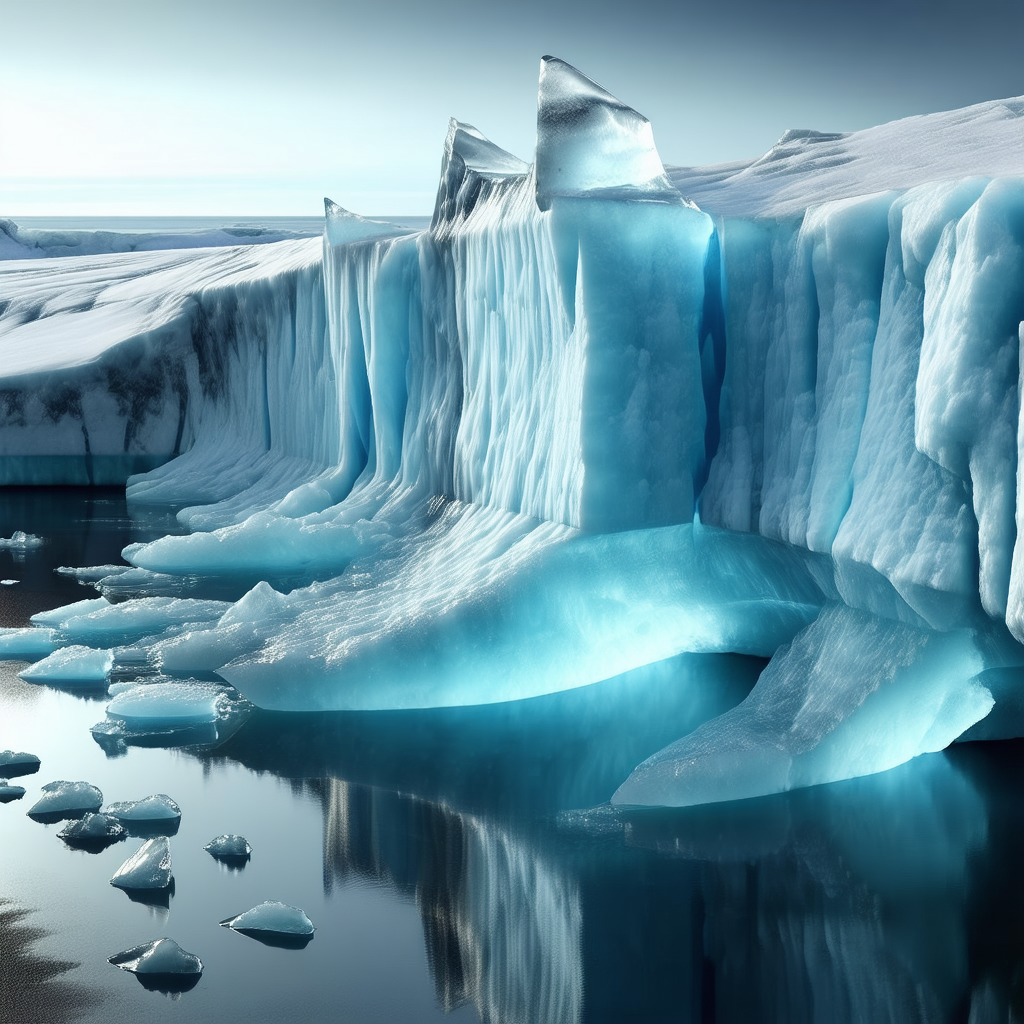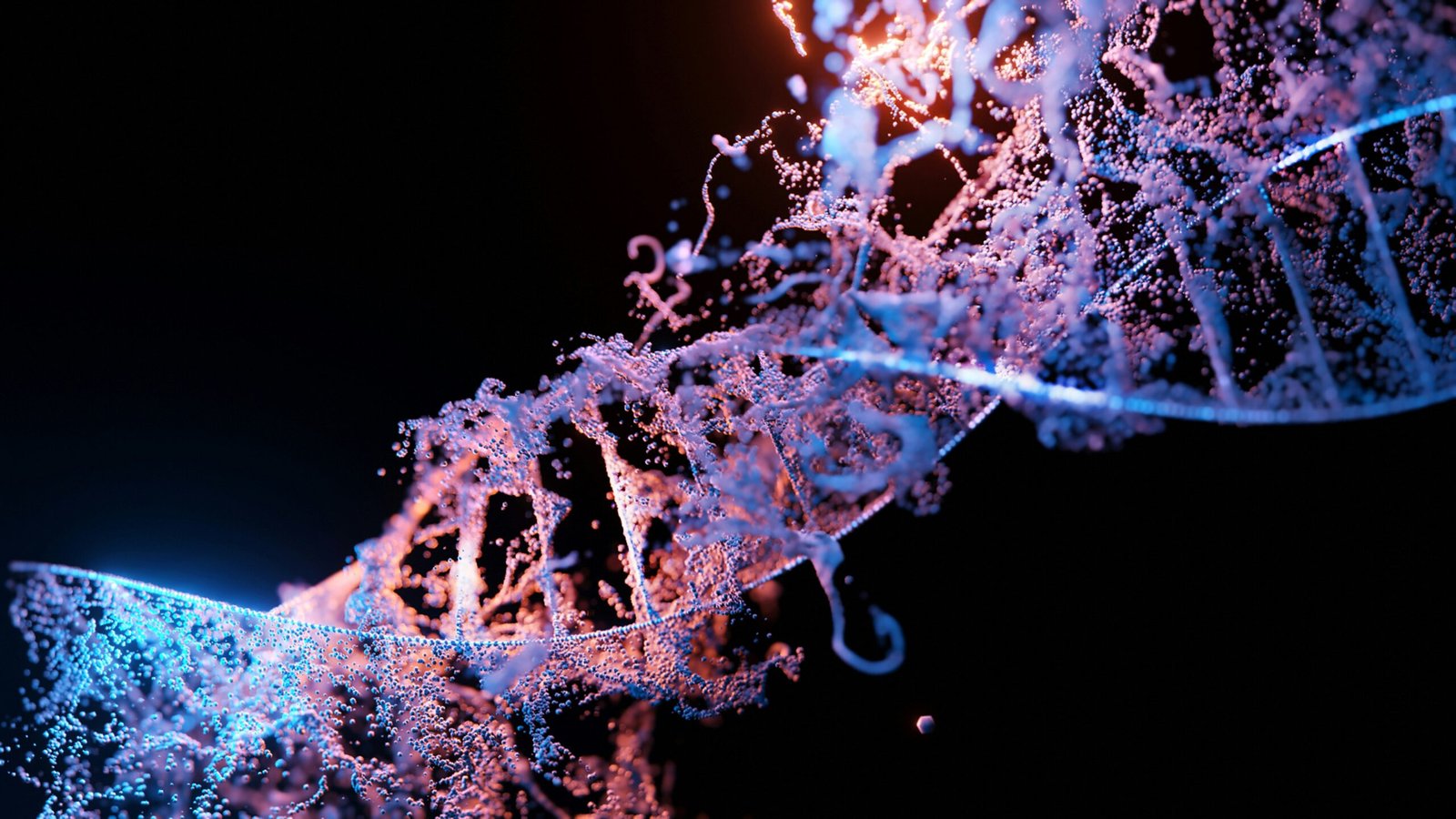Climate change is one of the most pressing issues of our time, with far-reaching consequences for the health of our planet and its inhabitants. The scientific consensus is clear: human activities are releasing large amounts of greenhouse gases, such as carbon dioxide and methane, into the atmosphere, leading to a global average temperature increase of over 1°C since the late 19th century.
But what are the specific environmental impacts of climate change? How are rising temperatures affecting ecosystems, biodiversity, and the natural world? In this article, we’ll delve into the scientific analysis of climate change’s environmental impacts, exploring the latest research and data on this critical topic.
Rising Sea Levels and Coastal Erosion
One of the most visible effects of climate change is the rise in sea levels. As the planet warms, glaciers and ice sheets melt, releasing massive amounts of freshwater into the oceans. This, combined with the thermal expansion of seawater, has led to a global sea level rise of over 15 cm since 1900.
The consequences of sea level rise are far-reaching. Coastal erosion is accelerating, with many beaches and shorelines experiencing increased erosion and flooding. Saltwater intrusion into freshwater sources is also becoming more common, threatening the drinking water supplies of millions of people.
Extreme Weather Events
Climate change is also leading to an increase in extreme weather events, such as heatwaves, droughts, and heavy rainfall. As the planet warms, the atmosphere can hold more moisture, leading to more intense precipitation events. This is evident in the increasing frequency and severity of floods, landslides, and other weather-related disasters.
Impacts on Biodiversity
Climate change is having a profound impact on global biodiversity. Many species are struggling to adapt to the rapid changes in their environments, leading to population declines and even extinctions. The polar bear, for example, is facing a significant threat to its survival as the Arctic ice sheet melts, reducing its hunting grounds and threatening its food supply.
Disruptions to Ecosystems
Climate change is disrupting ecosystems around the world, from coral reefs to forests. Rising temperatures are altering the delicate balance of these ecosystems, leading to changes in species composition, nutrient cycling, and even the spread of disease.
Water Scarcity and Quality
Climate change is also affecting the availability and quality of freshwater resources. Changes in precipitation patterns and increased evaporation due to warmer temperatures are leading to droughts in some areas and floods in others. This is exacerbating water scarcity issues, particularly in regions with already-limited water resources.
Ocean Acidification
The oceans are absorbing a significant portion of the carbon dioxide released into the atmosphere, leading to a decrease in pH levels and an increase in acidity. This is having a devastating impact on marine life, particularly organisms with calcium carbonate shells, such as corals and shellfish.
Tipping Points and Feedback Loops
The environmental impacts of climate change are not always linear or gradual. There are tipping points and feedback loops that can lead to abrupt and irreversible changes. For example, the melting of Arctic sea ice is accelerating the warming of the planet, as the ice’s reflective surface is replaced by dark, heat-absorbing water.
Conclusion
The environmental impact of climate change is far-reaching and devastating. Rising temperatures are affecting ecosystems, biodiversity, and the natural world in profound ways, from rising sea levels to disruptions in ecosystems. The scientific consensus is clear: human activities are causing climate change, and immediate action is needed to reduce greenhouse gas emissions and mitigate its effects.
By understanding the environmental impacts of climate change, we can better develop strategies to address this critical issue. This includes transitioning to renewable energy sources, increasing energy efficiency, and protecting natural habitats and ecosystems. The future of our planet depends on it.


